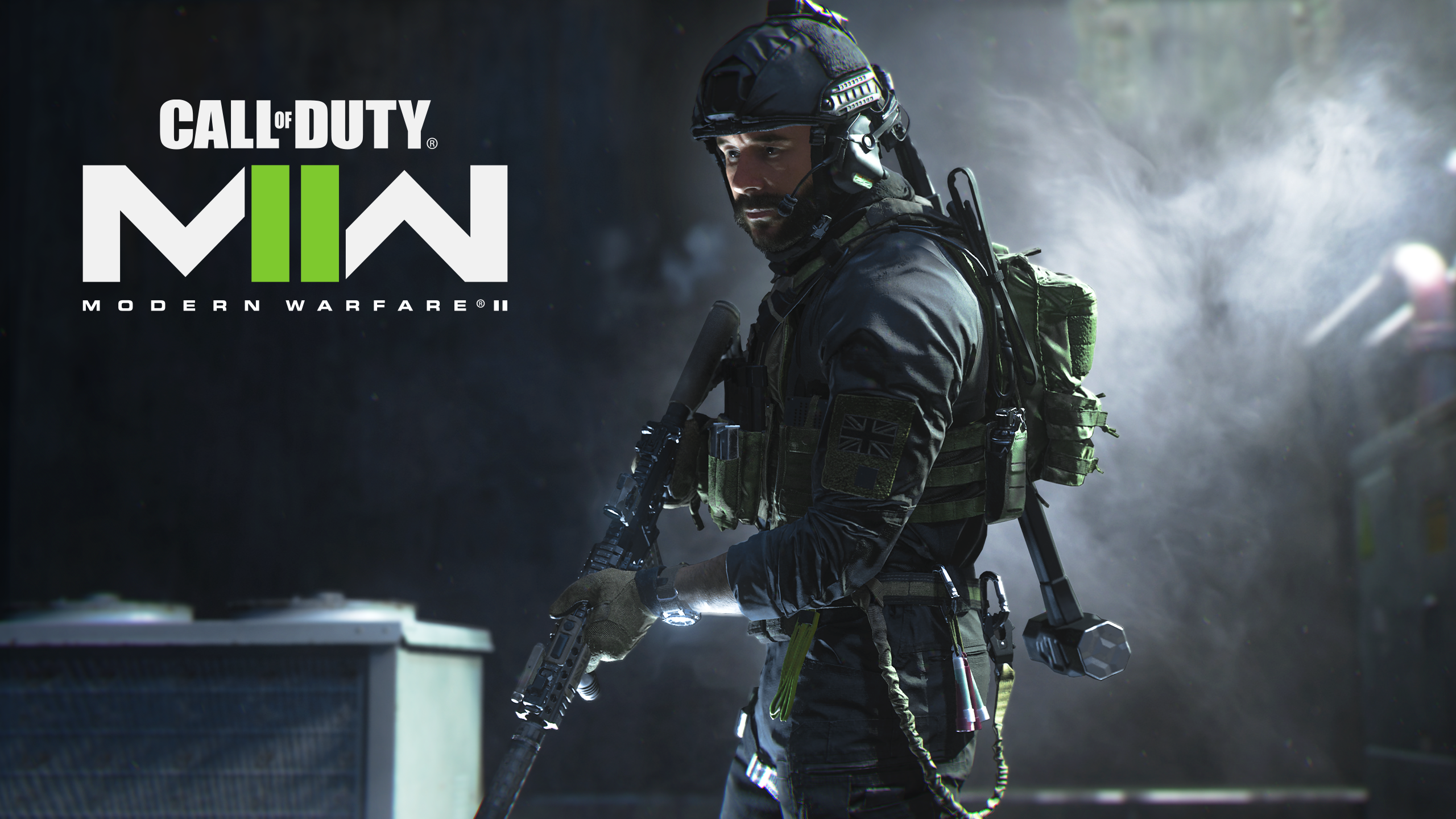News
Steam Suspends Modern Warfare 2 Over Malicious Hacks and PC Infections

In an alarming turn of events for PC gamers, Steam recently pulled down the popular game original Call of Duty: Modern Warfare 2, citing concerns over malicious hacks.
This decision came after a rekindled interest in the game when old servers were resurrected on Xbox.
According to an article by TechCrunch, the cause of concern was the game’s “hacked lobbies.” These lobbies, as reported by several players since June 26, have been platforms for malware attacks.
A post on the Call of Duty: Modern Warfare 2 (2009) – Multiplayer Steam Discussion page, dated June 26, cautioned players to activate a virus scanner before indulging in the game. This warning, shared by a Steam user named Bee, highlighted the malware in question as “Trojan:Win32 Wacatac.B!ml.”
The threat's legitimacy was further confirmed by other players. Steam user Moose shared their personal experience, noting, “I found it, but it wont let me delete saying access denied.”
Investigations revealed that the culprits behind this malicious campaign utilized a worm, a potent malware capable of self-replication, ensuring its automatic transmission from one player to another. This meant that any player who joined one of these compromised lobbies would not only receive the virus but also transmit it to every subsequent player they interacted with.
On July 26, in light of these concerns and the potential risk to its users, Activision made the decisive move to take the Steam version of the game offline.
Call of Duty's Updates official Twitter account issued a statement regarding the situation:
“Multiplayer for Call of Duty: Modern Warfare 2 (2009) on Steam was brought offline while we investigate reports of an issue.”
📢 Multiplayer for Call of Duty: Modern Warfare 2 (2009) on Steam was brought offline while we investigate reports of an issue.
— Call of Duty Updates (@CODUpdates) July 26, 2023
Xbox Not Affected
While this debacle has created a wave of concern among the PC gaming community, Xbox 360 users can breathe a sigh of relief. As of now, there have been no reported instances of similar infections for the console's players.












